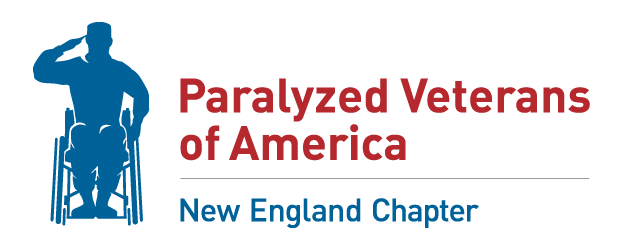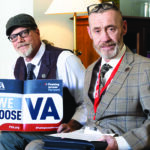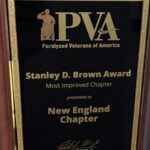Home // SCI/D Resources // Amyotrophic Lateral Sclerosis (ALS)
Amyotrophic Lateral Sclerosis (ALS)
Amyotrophic Lateral Sclerosis (ALS), also known as Lou Gehrig’s disease, weakens and eventually destroys the body’s motor neurons, making functions such as walking and talking very difficult. Paralysis generally follows after diagnosis.
ALS Cause
While the exact cause of ALS is unknown, risk factors include aging and a family history of the disease. Most people who contract the disease are between the ages of 40 and 70, though younger people can also contract ALS.
There are three classifications of ALS :
- Sporadic: The most common form in the U.S. 90 – 95% of all ALS cases are sporadic.
- Familial: An inherited form of the disease. Only 5-10% of ALS cases in the U.S. are familial.
- Guamanian: A high incidence of ALS found in Guam and the Trust Territories of the Pacific in the 1950s.
Who’s at risk?
Research has shown that veterans—particularly those who served in the Gulf War—are about twice as likely to develop ALS. Environmental factors and certain genetics may also play a role in causing ALS, but more research in this area is required to understand their causal effect.
How PVA Supports
In 2008, the Department of Veterans Affairs changed their benefits criteria to include ALS as a presumptive service-connected disease. Since the rule change, PVA’s national service officers and senior benefits advocates have represented around 11,000 veterans with ALS, and about 7,000 surviving spouses with claims for monetary benefits and quality health care. Claims filed on their behalf have resulted in $900 million in monetary and additional benefits.
“We will continue to reach out to as many eligible veterans with ALS and their survivors as possible, and advocate on their behalf, in order to ensure they receive the benefits they deserve,” said Heather Ansley, PVA’s associate executive director of government relations.
In 2008, Congress also enacted the ALS Registry Act to create and maintain a registry of persons with ALS. The registry, launched in October 2010 and maintained by the Centers for Disease Control and Prevention, seeks to help researchers estimate how many people have the disease, understand more about who gets the disease, and potentially find a cure.
Veterans with ALS or their family members are urged to participate in the registry and contact the Paralyzed Veterans of America national service office in their area.
Learn more about our support for veterans living with ALS by visiting the Les Turner ALS Foundation.



